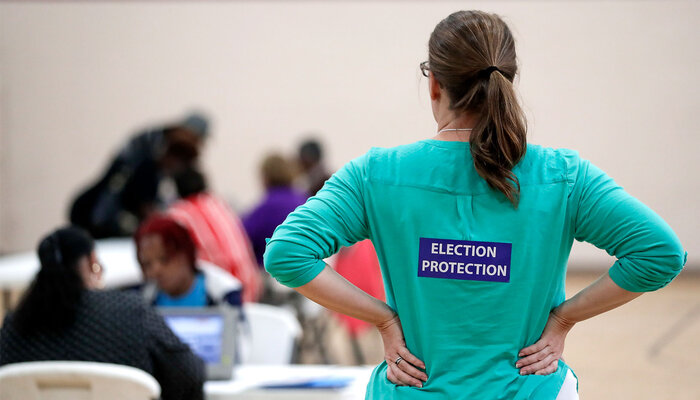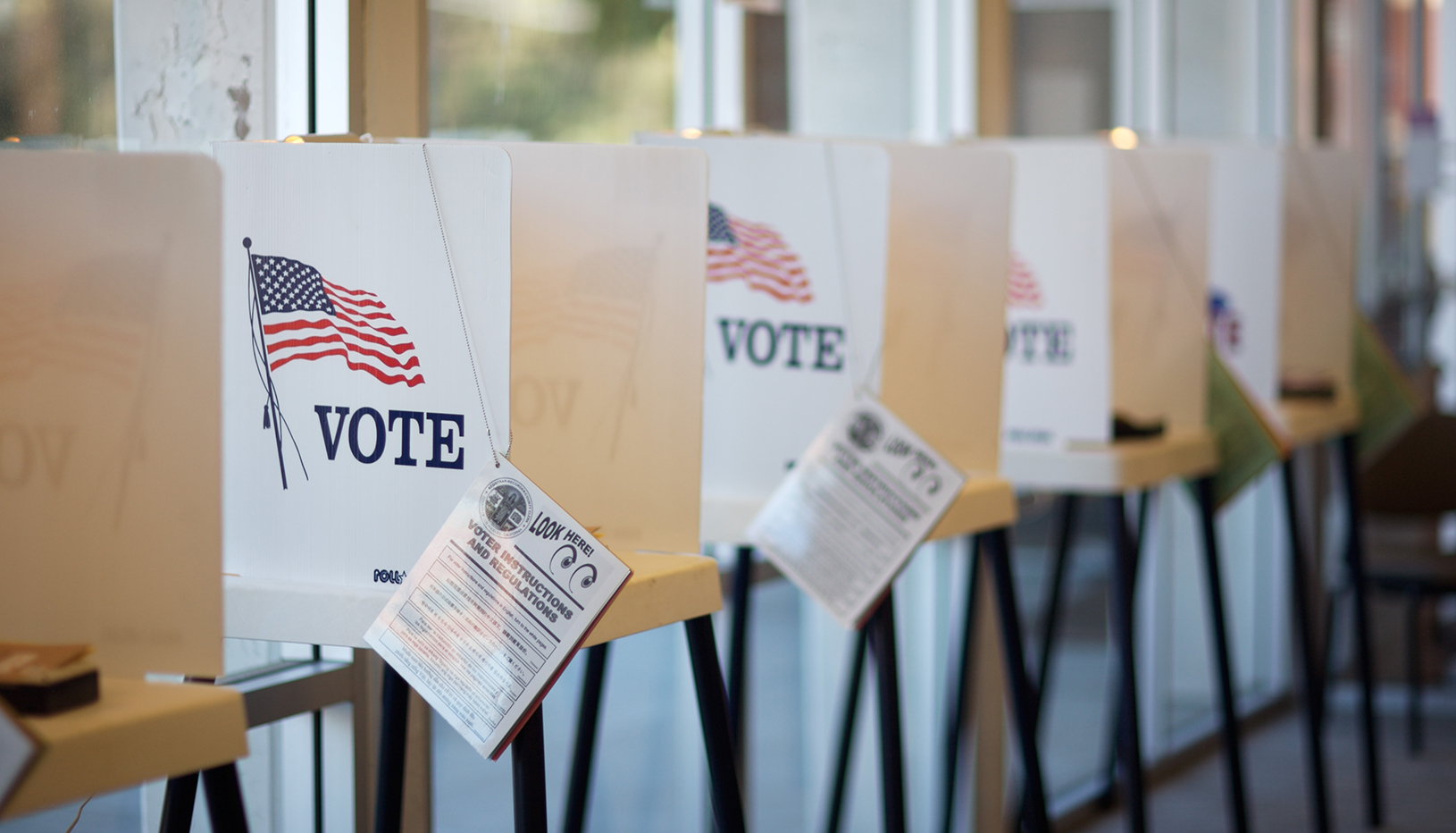Numerous state laws and policies govern who can be an election observer, what they can do while they serve, and what election workers can do to prevent them from disrupting the voting process.
The 2020 and 2022 elections saw instances of election observers acting in disruptive, intrusive, or intimidating ways. Some groups saw this not as a problem but as an opportunity, and they pledged to recruit and train tens of thousands of election observers — sometimes suggesting that election observers push the boundaries of acceptable conduct.
Although a few states have recently changed their laws to empower election observers further, federal law is clear that intimidating voters or election workers is illegal, no matter who is doing it.
The resources below provide a detailed overview of the federal and state laws that serve as guardrails against election observers disrupting the voting process or intimidating voters or election workers. We focus on 10 states where the risk of disruption is especially high based on the volume of false allegations and anti-voter activity over the past few years.


